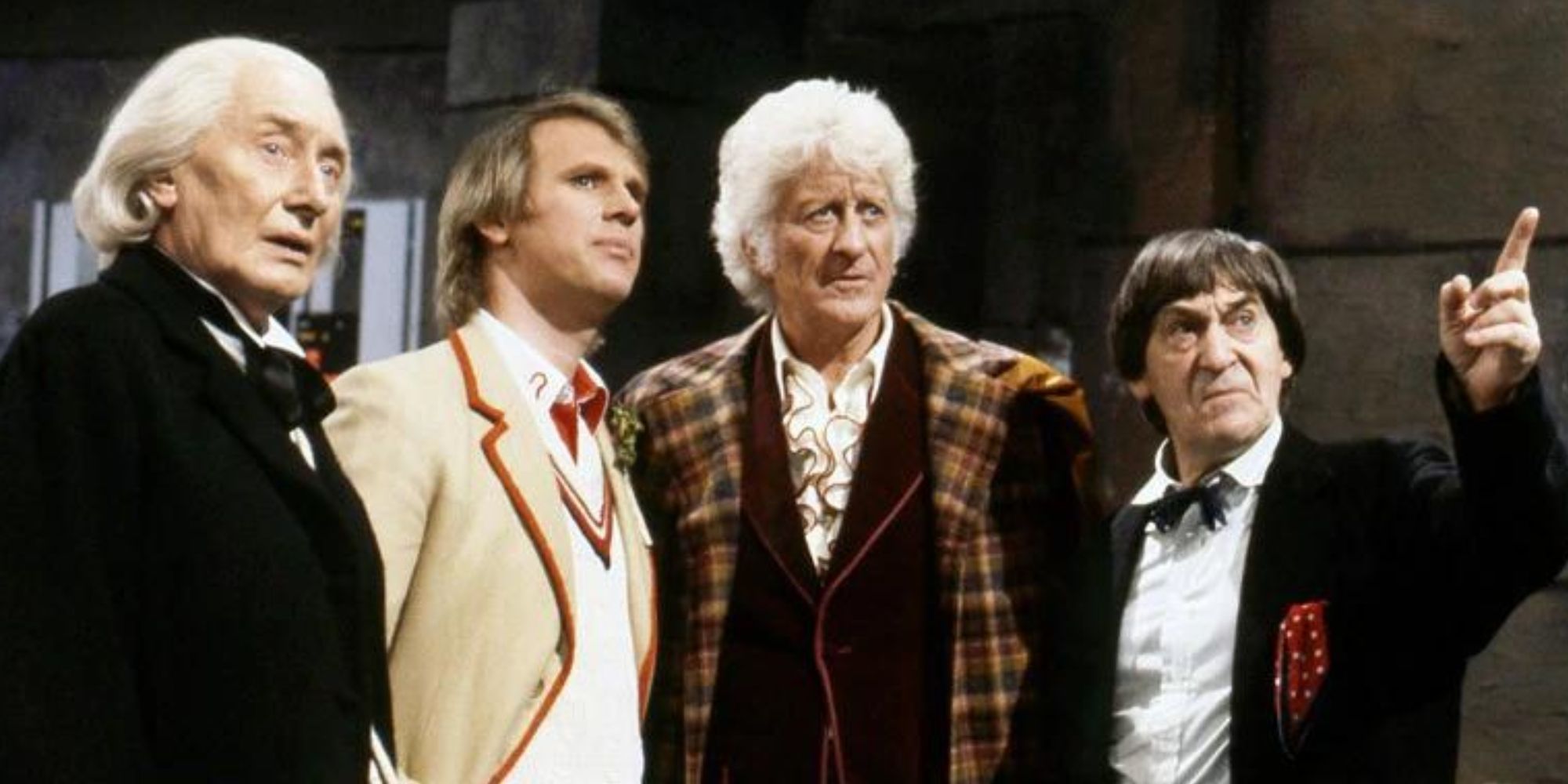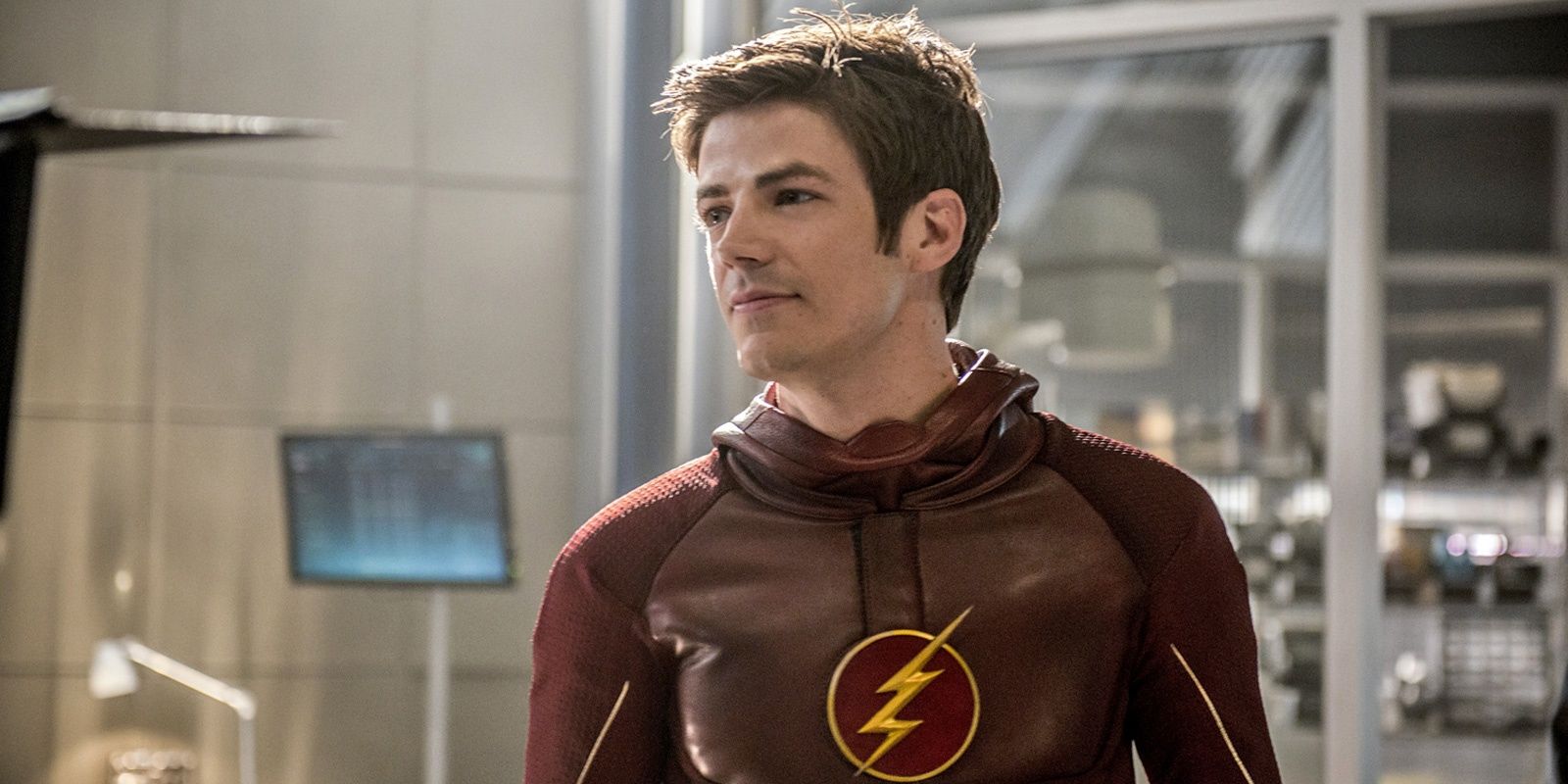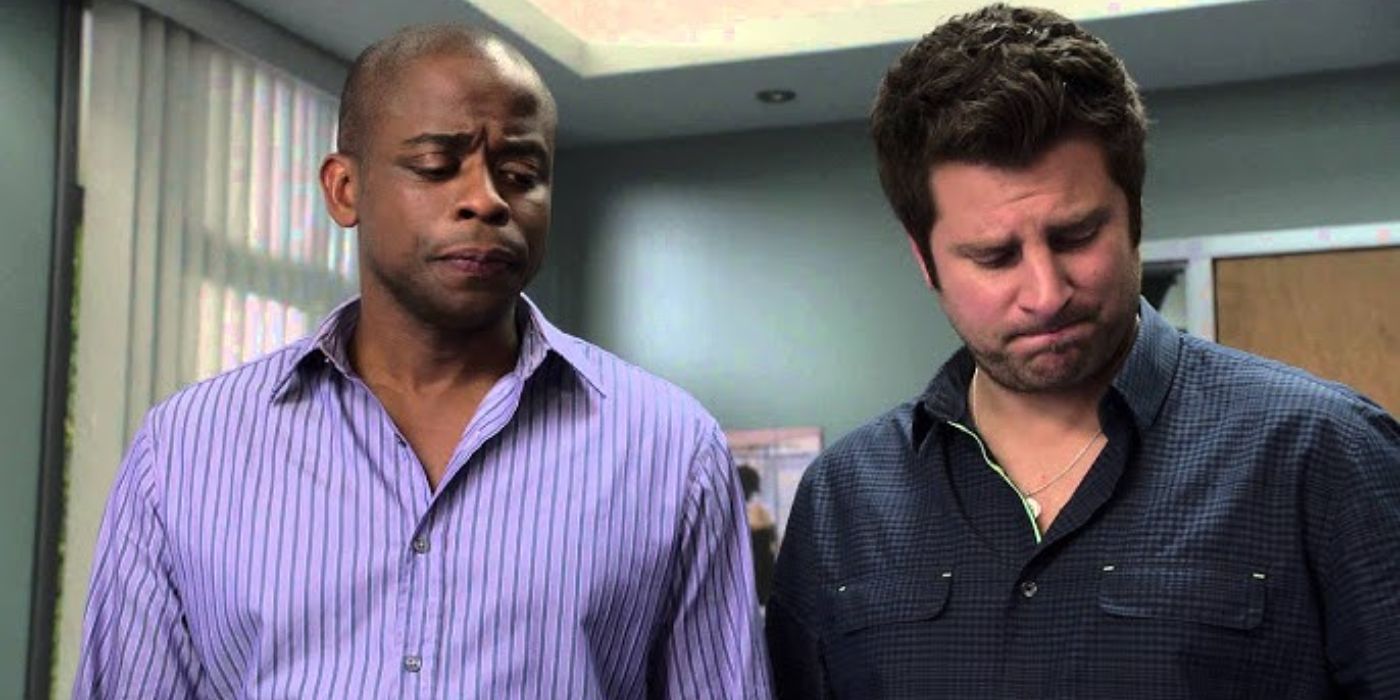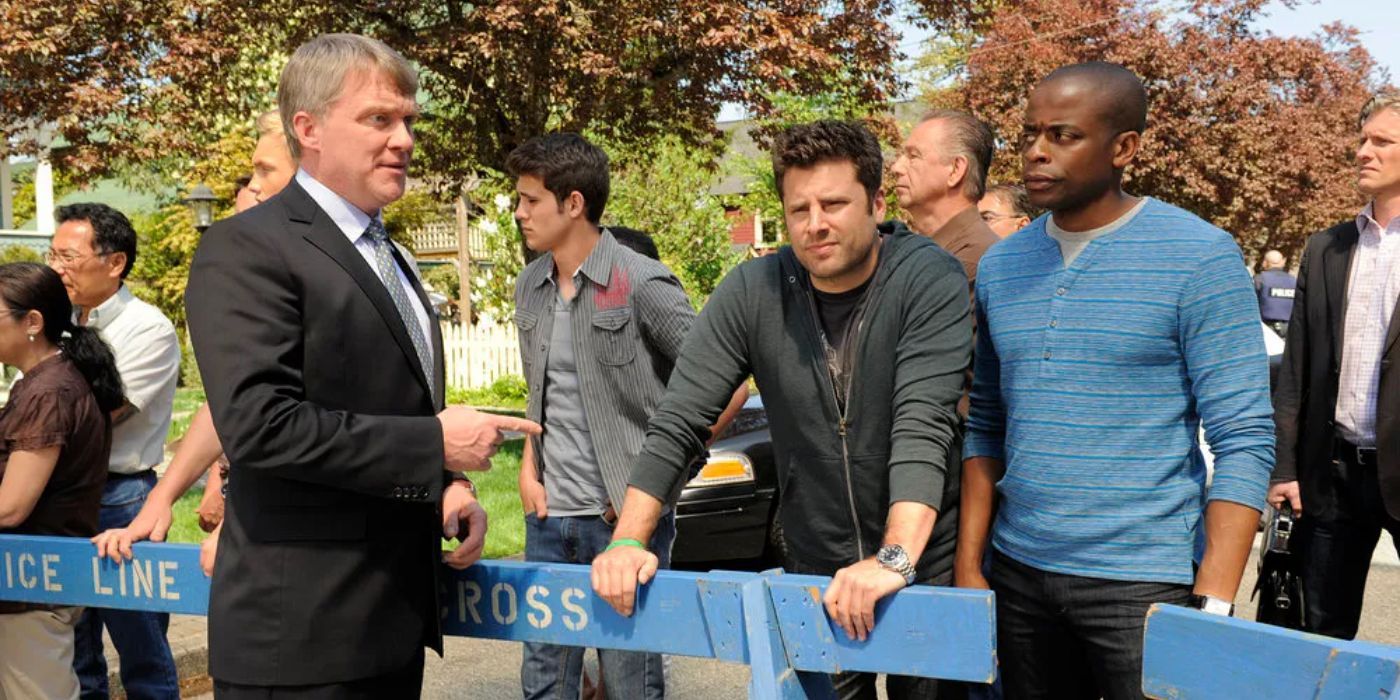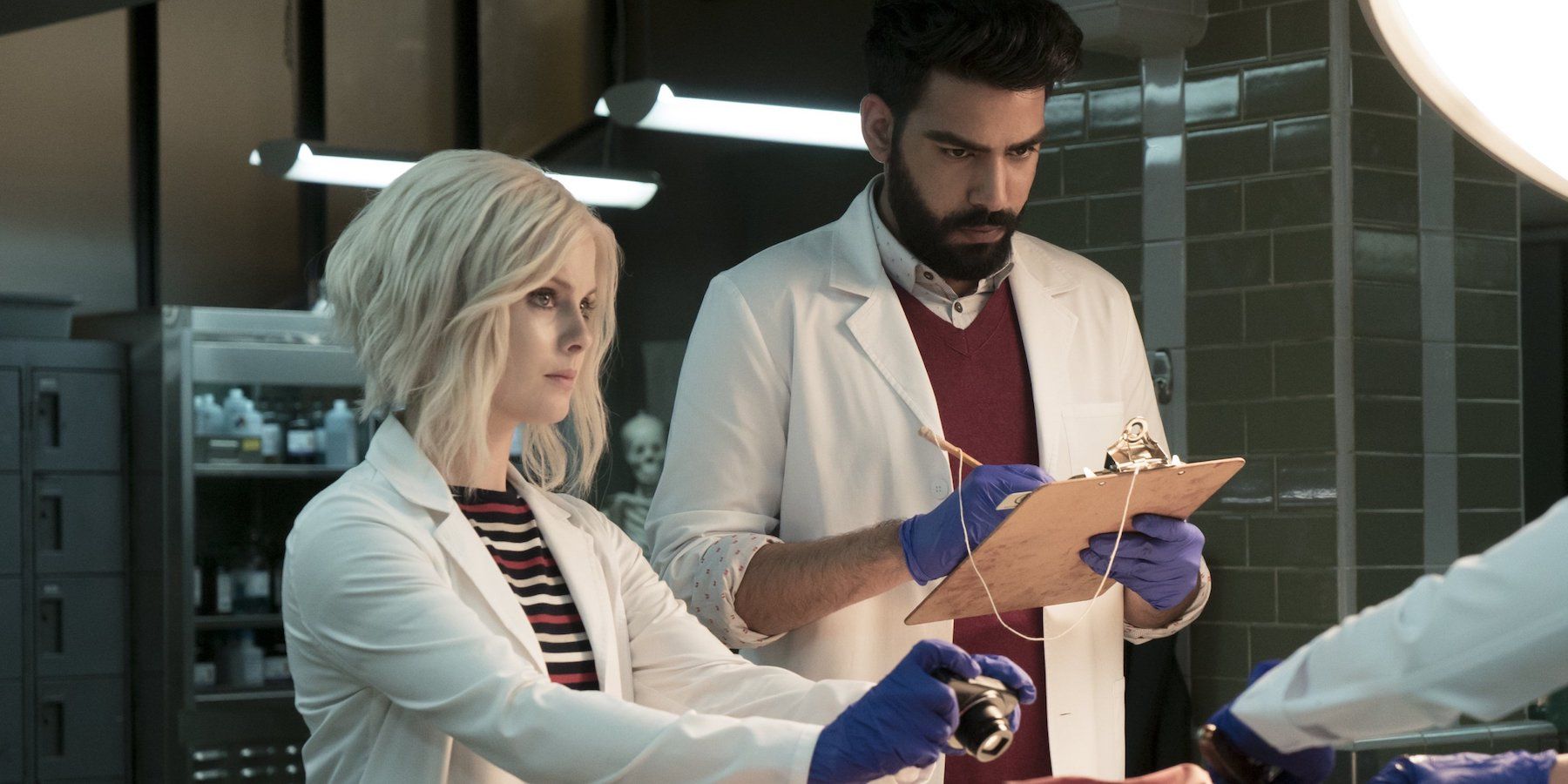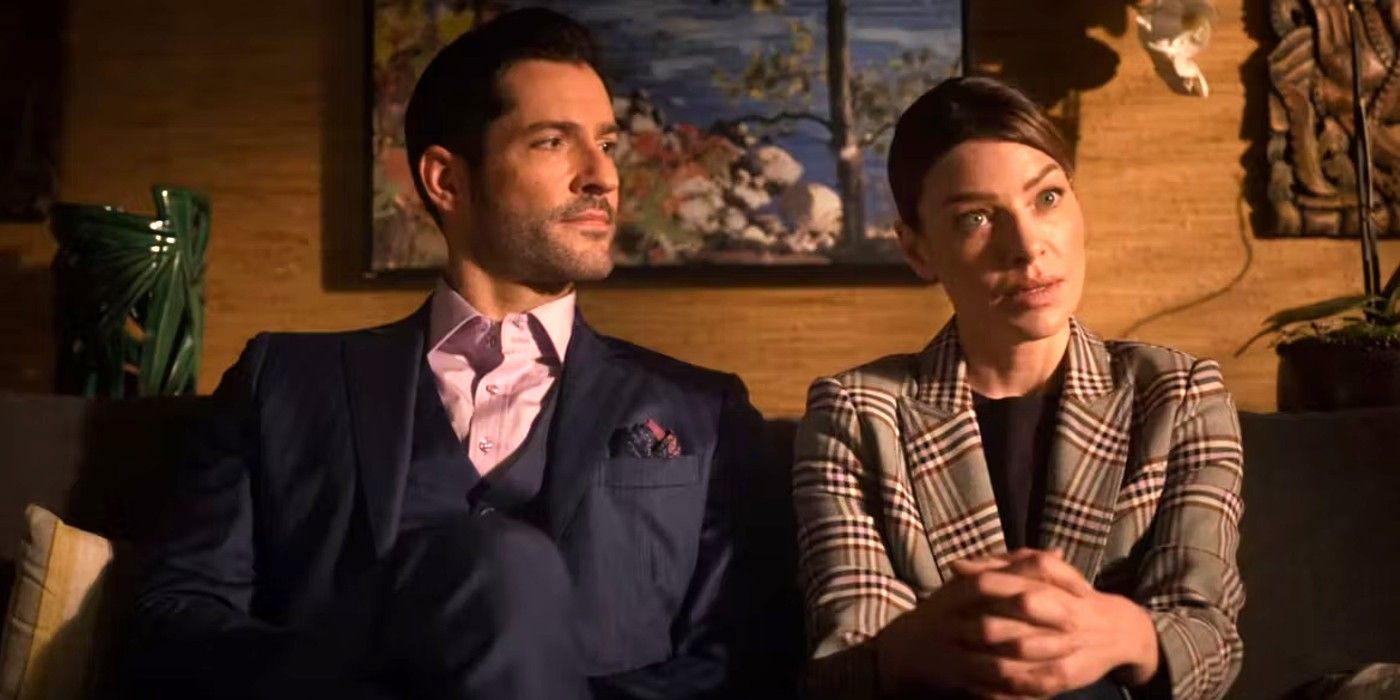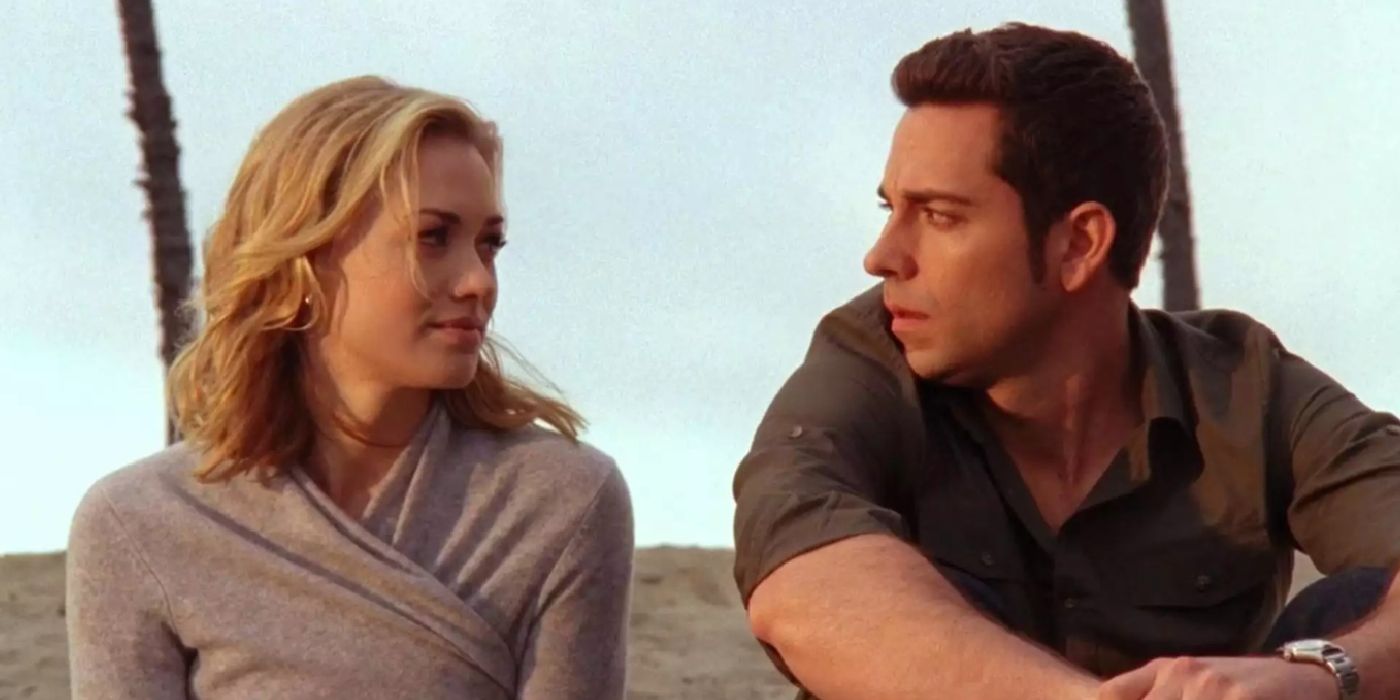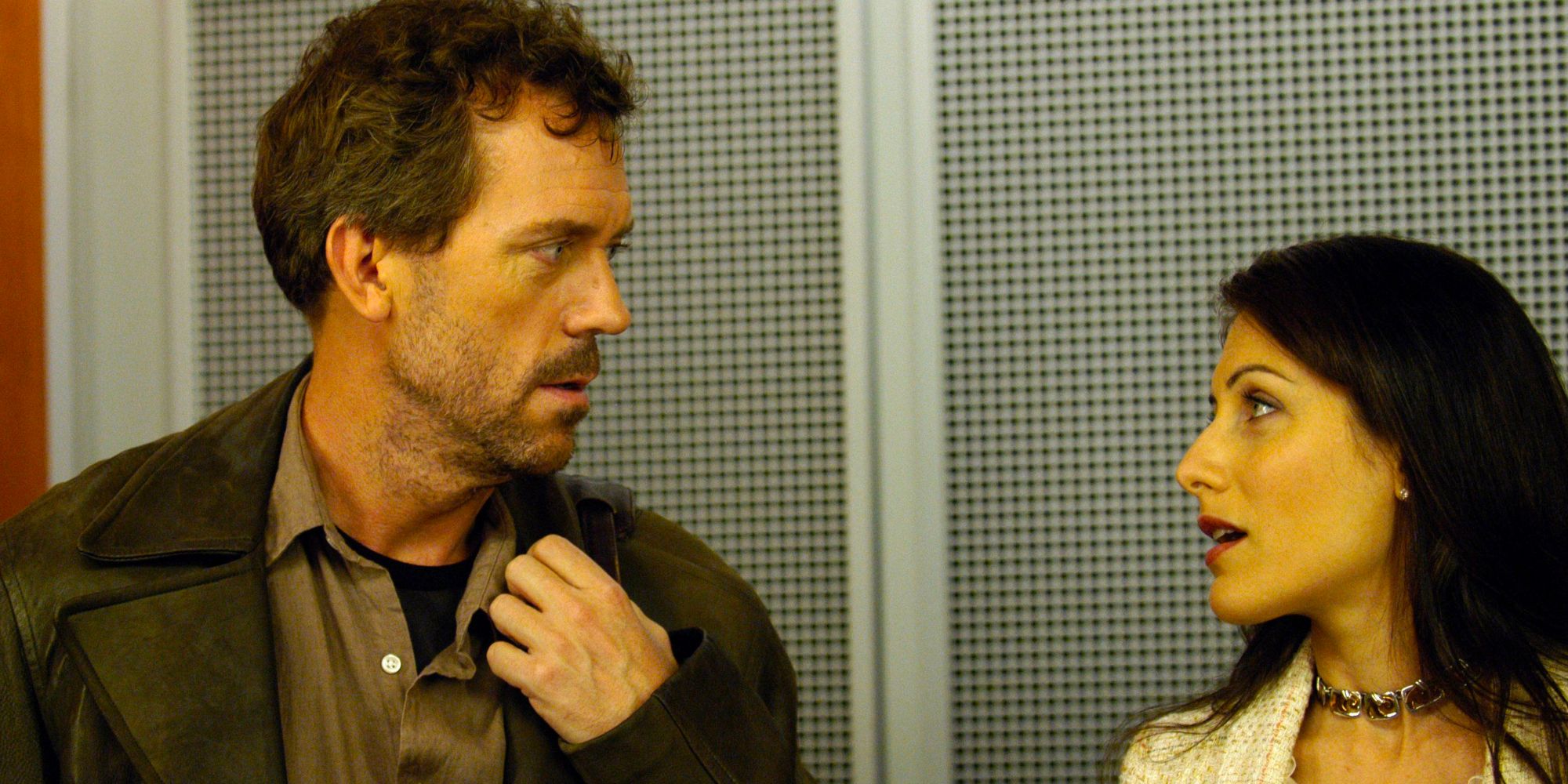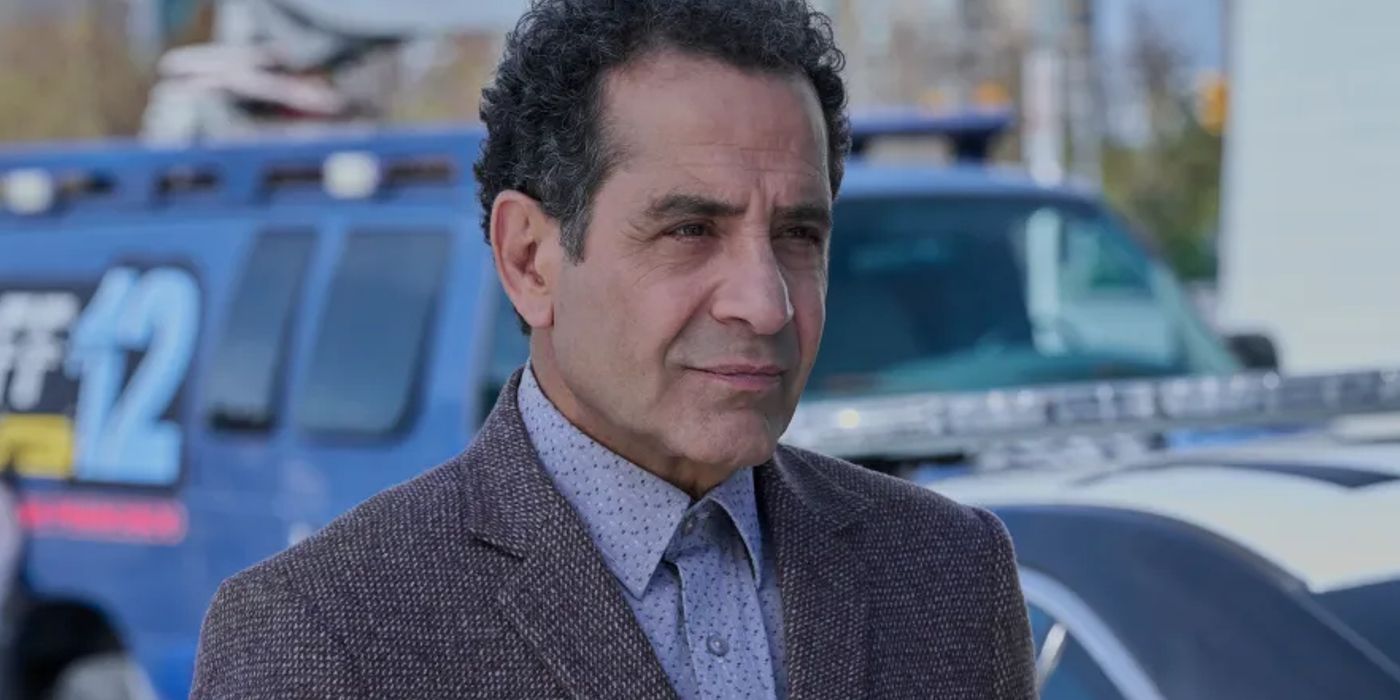
9 Unconventional Procedural TV Shows That Defy Expectations

Procedural TV shows have been a staple in the entertainment industry, but some shows have managed to transcend the typical format and offer a unique and unconventional take on procedural storytelling. From outlandish alien adventures to comedic crime-solving, these shows have defied expectations and captivated audiences with their imaginative narratives.
Doctor Who
Doctor Who has been a trailblazer in the world of procedural TV shows, with its innovative approach to storytelling. The show follows the adventures of the Doctor, an alien who travels through time and space to save the universe from harm. While it maintains the procedural format, it adds threads of a larger narrative throughout each season, rewarding fans for viewing the story as a whole.
Matt Smith as the Eleventh Doctor looking upset as he looks at his glowing hand in Doctor Who
The series has evolved over the years, transitioning from serialized procedural episodes to single adventure episodes with longer runtimes. Its ability to adapt and reinvent itself has made it beloved by multiple generations, cementing its status as a timeless classic.
Four versions of the Doctor from Doctor Who
The Flash
The Flash takes the crime procedural format and applies it to a superhero story, creating a unique blend of crime-solving and superhero action. Follow Barry Allen and his friends as they work to keep Central City safe from metahuman threats, weaving in elements of comedy and romance throughout the series.
Grant Gustin as Barry Allen standing in his base with his mask off in The Flash
Each episode deals with a single criminal threat, while the larger narrative builds in the background toward each season finale, offering a refreshing twist on the traditional procedural format.
Suits
Suits breaks away from the typical procedural shows with its portrayal of two shady characters, Harvey Specter and Mike Ross, who blur the lines between good and bad. The series follows their unorthodox methods in a large law firm, offering a distinct take on the legal drama genre.
Mike Ross (Patrick J. Adams) and Harvey Specter (Gabriel Macht) sitting on the hood of a car in Suits.
The willingness to break the rules and explore the gray areas of the law sets Suits apart from traditional procedurals, making it a compelling watch for fans of the genre.
Psych
Psych shakes up the procedural genre by infusing comedy into its crime-solving narrative. The series follows Shawn Spencer and Burton Guster as they solve crimes with their unique and lighthearted approach, taking viewers on unwitting adventures that somehow always manage to work out.
Gus and Shawn from Psych
By focusing on comedy instead of drama, Psych offers a refreshing and entertaining twist on the traditional procedural format, making it a standout in the genre.
Shawn and Gus at a crime scene in Psych
iZombie
iZombie introduces a fresh take on the crime procedural by featuring a zombie as the star detective. When Olivia Moore is turned into a zombie, she discovers her unique ability to absorb peoples' memories and abilities, using it to assist the police in solving crimes.
Liv and Ravi in the lab in iZombie
The series takes a number of twists and turns to unravel a larger storyline, while maintaining the core elements of a crime procedural with a unique supernatural twist.
Lucifer
Lucifer follows the devil's journey on Earth as he indulges in the best life has to offer and develops a keen interest in solving crimes. The series blends elements of the supernatural with crime-solving, creating a compelling and unconventional take on the procedural format.
Lucifer and Chloe with Doctor Martin in Lucifer season 5
With an incredible performance by Tom Ellis, Lucifer offers a fresh perspective on the traditional procedural genre, infusing it with supernatural elements and unexpected character dynamics.
Chuck
Chuck offers a modern twist on procedural drama by combining espionage, romance, and crime-solving in a captivating narrative. The series follows Zachary Levi as he becomes an integral part of a specialist team of agents, intercepting and stopping major crimes with the information in his head.
Yvonne Strahovski and Zachary Levi in Chuck.
With its multifaceted approach to the procedural format, Chuck delivers a thrilling and engaging story that defies the conventions of traditional procedurals.
House
House challenges the stereotypes of medical procedurals by focusing on dramatic storylines and tense medical situations. Each episode deals with life or death cases, showcasing the brilliance and technical expertise of the diagnostic team.
House and Cuddy Looking at Each Other Intently in House, M.D. Pilot
By prioritizing the disease and the characters' relationships, House offers a gripping portrayal of medical procedural storytelling that sets it apart from the norm.
Eric Foreman, Robert Chase, Gregory House, Martha Masters, and Lisa Cuddy in House.
Quantum Leap
Quantum Leap shakes up the standard crime procedural format with its time-traveling narrative. The series follows a man who leaps through time to help resolve peoples' issues, adding major sci-fi elements to the traditional procedural storytelling.
Ben with Allison in Egypt in Quantum Leap season 2 episode 8
With a more defined larger narrative and changes in time and location, Quantum Leap offers an intriguing and refreshing take on the procedural format, blending human stories with sci-fi elements.
Monk
Monk stands out from other procedural crime shows by delving into mental health and obsessive compulsive disorder. The series follows Adrian Monk, a former detective with OCD, who offers his meticulous services to the police, showcasing a fresh perspective on the procedural genre.
Adrian Monk in Mr. Monk's Last Case A Monk Movie
By highlighting the positives and negatives of mental health, Monk offers a compelling portrayal of crime-solving that defies the typical conventions of procedural storytelling.

